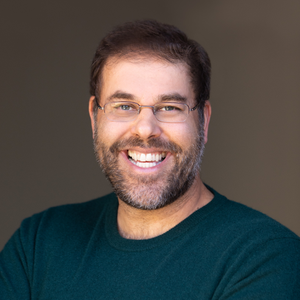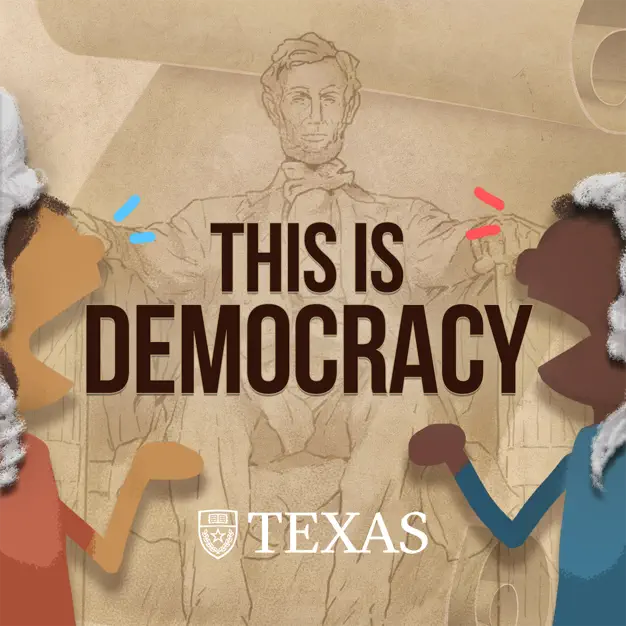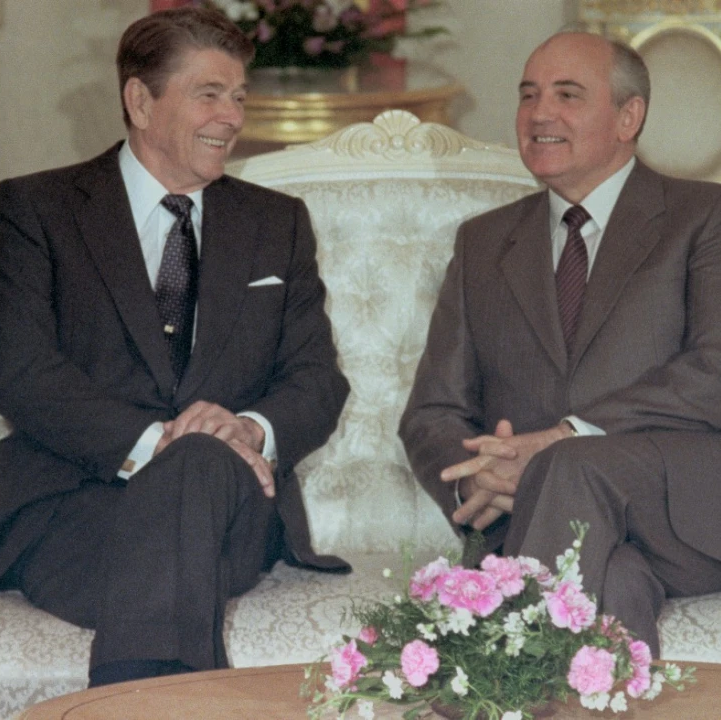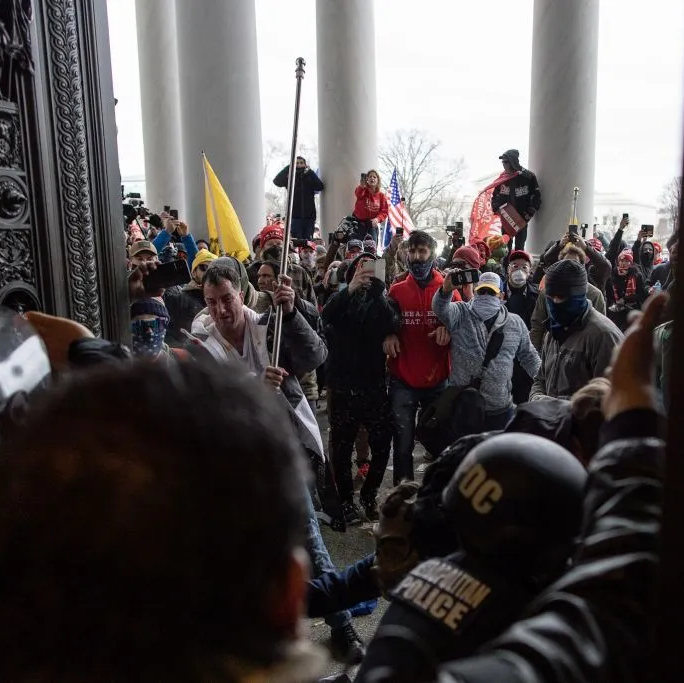Event Details
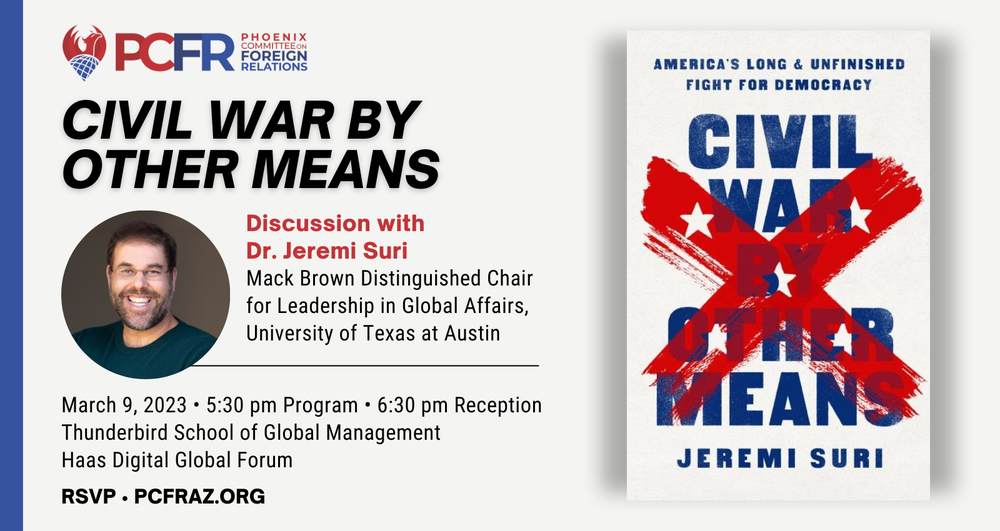
The Civil War may have ended on the battlefield, but America continues to wage a long and unfinished internal fight for democracy.
In 1865, the Confederacy was comprehensively militarily defeated, its economy shattered, and its leaders in exile or in jail. Yet in the years that followed, Lincoln's vision of a genuinely united country never took root. Apart from a few brief months, when the presence of the Union army in the South proved liberating for newly freed Black Americans, the victory was squandered. Old white supremacist habits returned, more ferocious than before.
Join us as Dr. Jeremi Suri discusses his new book, Civil War by Other Means, showing how resistance to a more equal Union began immediately. From the first postwar riots to the return of Confederate exiles to the impeachment of Andrew Johnson to the highly contested and consequential election of 1876. He will explore the conflicts and questions Americans wrestled with as competing visions of democracy, race, and freedom came to a vicious breaking point.
There will be a book signing, and you can purchase Civil War by Other Means on-site.
A reception will follow in the Thunderbird Pub with complimentary bites and a cash bar.

